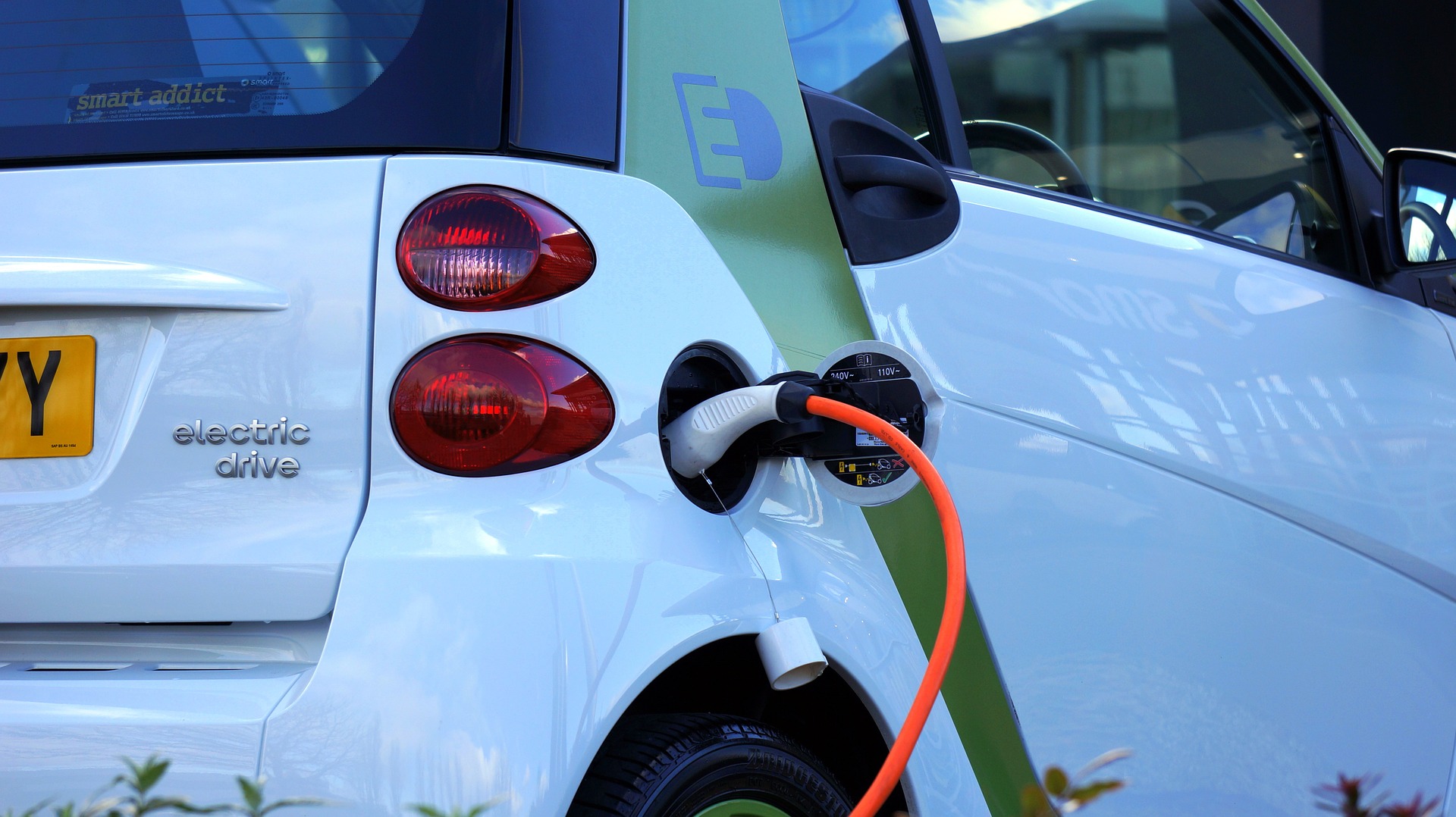Shell takes over the German battery startup Sonnen. After the oil multinational had already entered Sun as an investor in May 2018, the startup is to become a wholly owned subsidiary of Shell after appropriate regulatory approval.
To innovate and integrate energy offerings
The agreement strengthens both companies to innovate and integrate energy offerings, provide charging solutions for electric cars, and provide network services based on Sonnen’s virtual battery pool, said Shell. The duo had already worked together in these fields on the basis of strategic cooperation. Christoph Ostermann, CEO and co-founder of Sonnen, considers the acquisition, which has now been decided, to be promising: “With Shell New Energies, we have found the perfect strategic partner to help us continue to grow dynamically in a rapidly evolving market.
This would allow even more households to become energy independent and benefit from new opportunities in the energy market. Suns is above all a specialist for stationary energy storage. Based in the Bavarian town of Wildpoldsried, the startup has been on a steep growth path for several years, expanding its turnover, among other things. From 41 to 65 million euros in 2017 and expects 2018 again with a 30 percent increase. The only profitable Bavaria were not yet.
A whole range of energy acquisitions
For Shell, the acquisition is just the latest in a whole range of energy acquisitions. It seems that the Dutch British oil giant wants to build up a whole eMobility ecosystem with acquisitions. In October 2018, Shell took charge of the charging infrastructure specialist NewMotion and, more recently, the US company Greenlots, which is also focused on this field. In addition, the oil company has joined the HPC Harmony Ionity and the CCS initiative CHarIN and has joined as a new investor in the US based startup Ample specializing in autonomous battery exchange.
Shell established the New Energies business unit in 2016 with the ambition of advancing two key areas. New transport fuels such as advanced biofuels and hydrogen, as well as power generation, buying and selling, and direct customer care. By 2020, Shell wants to invest an average of $ 1 billion to $ 2 billion annually in projects to accelerate these priorities.

